Julene Tripp Weaver: SLOW NOW WITH CLEAR SKIES
SLOW NOW WITH CLEAR SKIES, Julene Tripp Weaver. MoonPath Press, P.O. Box 445, Tillamook, OR 27142, 2013, 96 pages, $18.99, paper, http://MoonPathPress.com.
MoonPath Press editor Lana Hechtman Ayers says that she thinks of MoonPath as a community, and a theme of  community permeates Julene Tripp Weaver’s MoonPath book, Slow Now with Clear Skies. Provided we see community in both the compulsion toward others and the tug away. In as complex a weave as this collection of poems, we might expect that another theme is surprise:
community permeates Julene Tripp Weaver’s MoonPath book, Slow Now with Clear Skies. Provided we see community in both the compulsion toward others and the tug away. In as complex a weave as this collection of poems, we might expect that another theme is surprise:
Yell when you feel like it, smile when you don’t; scream to release, Julene Tripp Weaver advises us in “Rules on Life from a Green Witch,” but, following on the heels of that scream: Expect surprises. In “The Things I Do Become Calendar”: Accept// the surprise violets in this long forward / dream. The call of the unspoken… In “Wise Women Herbal Tradition Self-Care Quest,” a sonnet sequence: Blind-sided, I stop to hold myself still.
Blind-sided, indeed. The actors here are surprised by diagnoses: schizophrenia, myeloma, AIDS, Covid-19. They’re surprised by a pandemic (as were we all), surprised by people’s on-going need for help, for human contact, for kindness. They’re surprised by stillness and unexpected beauty. Some family members disappear — a mother with hands like scissors and a mouth with no words; and (thankfully) surprised by new family bonds, a great-grandmother who stands up for the child who will grow into the poet who writes, Don’t wait till anyone dies to be your true self (“Rules on Life”). Tripp Weaver skillfully reveres and celebrates family, while refusing to hold (almost) anything sacred.
It takes a spine to write such poems as these, and she has it: in synch, / set, grounded solid on earth, a sturdy elongated spine rooted (“Safe Space”), and later in the same poem, one of my favorite passages:
Brain fogged, I start with each
finger — feel the pen, the fabric
against my thigh, my cool cheeks,
a hug across my heart — back doors
into this body, to the safe space
that begins with tactile presence.
I have to argue, however, that Tripp Weaver isn’t sneaking in back doors. She opens everything up here, happily taking on not only male-bent society but any norm you can think of, family, sexuality, history. She takes nothing for granted. We gave it away / and it went awry she explains in “Those of Us Who Aborted,” We wanted to believe in something. Though she posits that statement in past tense, it’s obvious that wanting to believe hasn’t gone away. Consider this admonitory poem:
Learn to Love
A new world is on its way,
it started at Woodstock, with Vietnam
protests, long hair rebels took off
into the blue sky on motorcycles,
forever nomads, now how many
live in RVs on the move
like Romani travelers, changed
by necessity. Far from the standard
American capitalist lifestyle,
way beyond the reach of the buzz.
We travel through life and time, make a path,
create our heart-home — we carry
each other; hold hands
learn to love.— Julene Tripp Weaver
 Tripp Weaver is a therapist and an herbalist, and believes in the body’s — and the body politic’s — ability to heal. Joanne M. Clarkson, author of Hospice House, writes of Slow Now with Clear Skies:
Tripp Weaver is a therapist and an herbalist, and believes in the body’s — and the body politic’s — ability to heal. Joanne M. Clarkson, author of Hospice House, writes of Slow Now with Clear Skies:
In post-pandemic America, this is the book I need to read….The title of the collection comes from the final line of the poem, “I’ve Lived Through One War.” She rallies us with the lines: We must ask / new questions, find unconventional answers…It’s time / for massive change… / Our planet, slow now with clear skies.
I can’t say it better than that.
Find out more about at MoonPath’s author page — including links to other reviews and Tripp Weaver’s website.
You can find Slow Now with Clear Skies at MoonPath Press, at Amazon, or by ordering it through your independent bookstore.


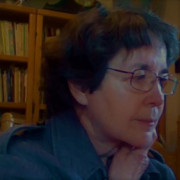
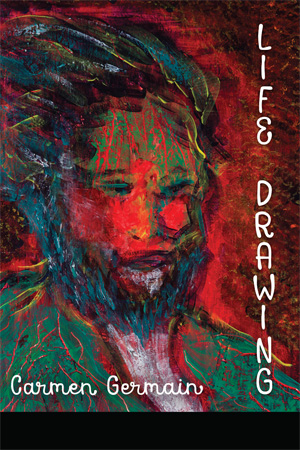 to both praise, and make sense of the world.” “Making the ordinary extraordinary” is how I would put it. Familiar territory, at times: Scotch broom, pickup trucks, a father’s war stories, wasps, “horse on a rope in the fog.” But also Van Gogh, Dante, Gorky. This is quintessential Germain, twining her themes together, making a whole that is both fragmentary and lush.
to both praise, and make sense of the world.” “Making the ordinary extraordinary” is how I would put it. Familiar territory, at times: Scotch broom, pickup trucks, a father’s war stories, wasps, “horse on a rope in the fog.” But also Van Gogh, Dante, Gorky. This is quintessential Germain, twining her themes together, making a whole that is both fragmentary and lush.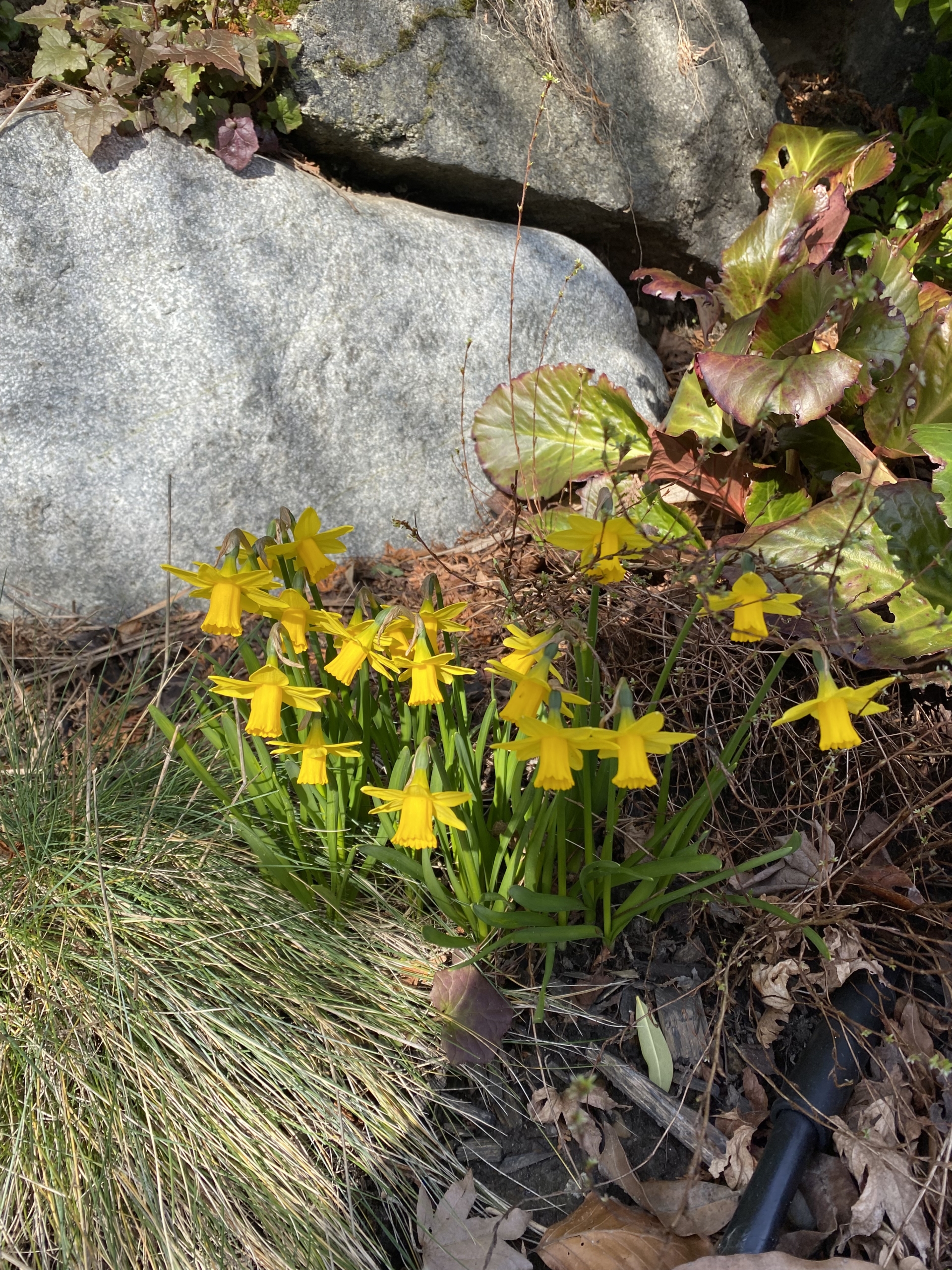

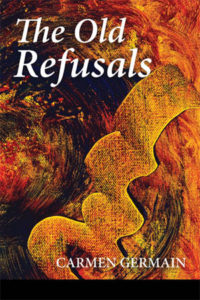 THE OLD REFUSALS, Carmen Germain, Moon Path Press, P.O. Box 445, Tillamook, OR 97141, 2019, 64 pages, $16 paper, http://MoonPathPress.com
THE OLD REFUSALS, Carmen Germain, Moon Path Press, P.O. Box 445, Tillamook, OR 97141, 2019, 64 pages, $16 paper, http://MoonPathPress.com
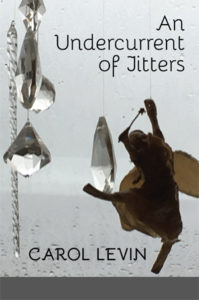 AN UNDERCURRENT OF JITTERS, Carol Levin. Moon Path Press, P.O. Box 445, Tillamook, OR 97141, 2018, 96 pages, $15 paper,
AN UNDERCURRENT OF JITTERS, Carol Levin. Moon Path Press, P.O. Box 445, Tillamook, OR 97141, 2018, 96 pages, $15 paper,